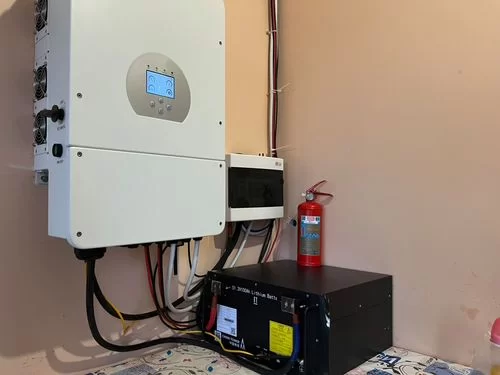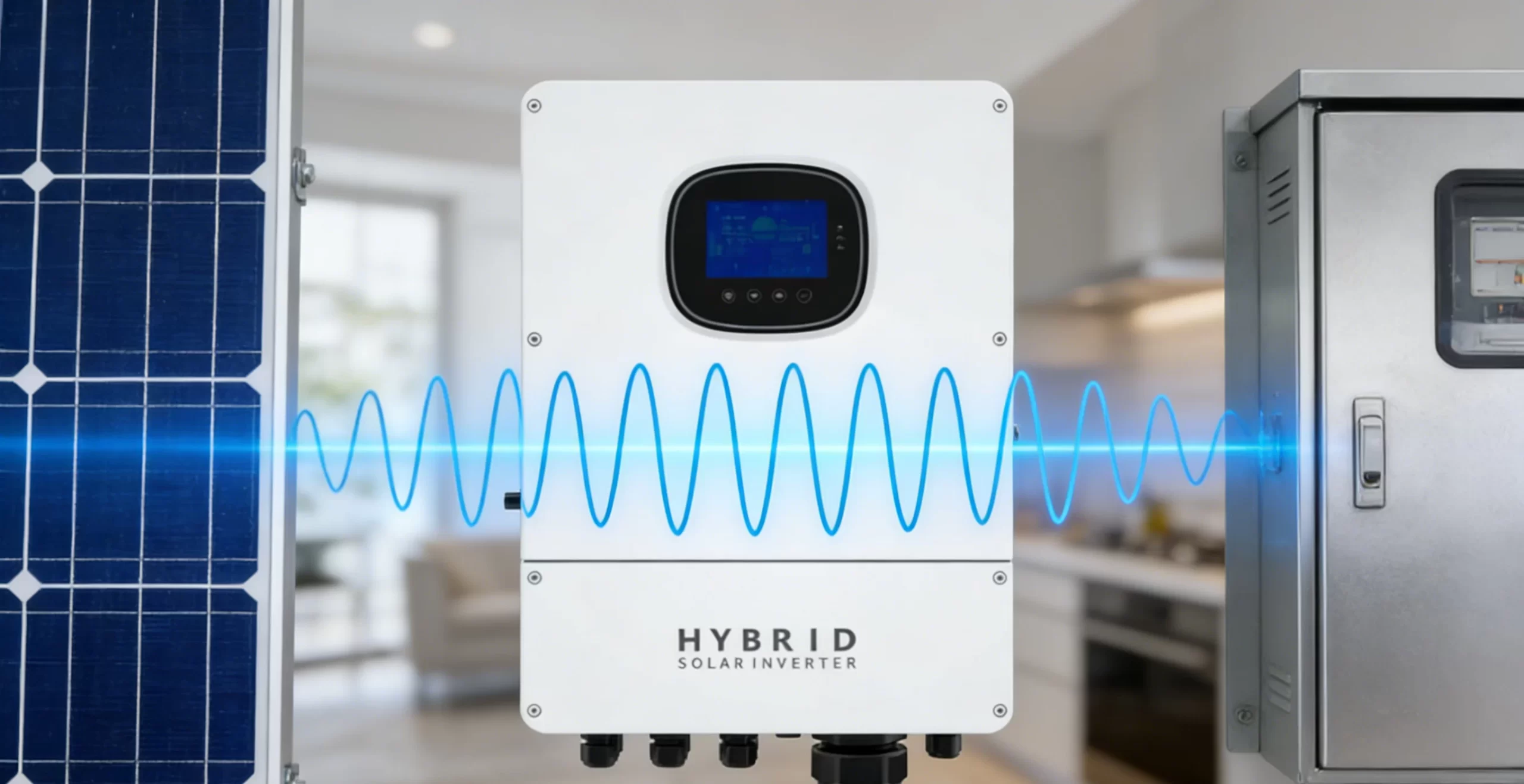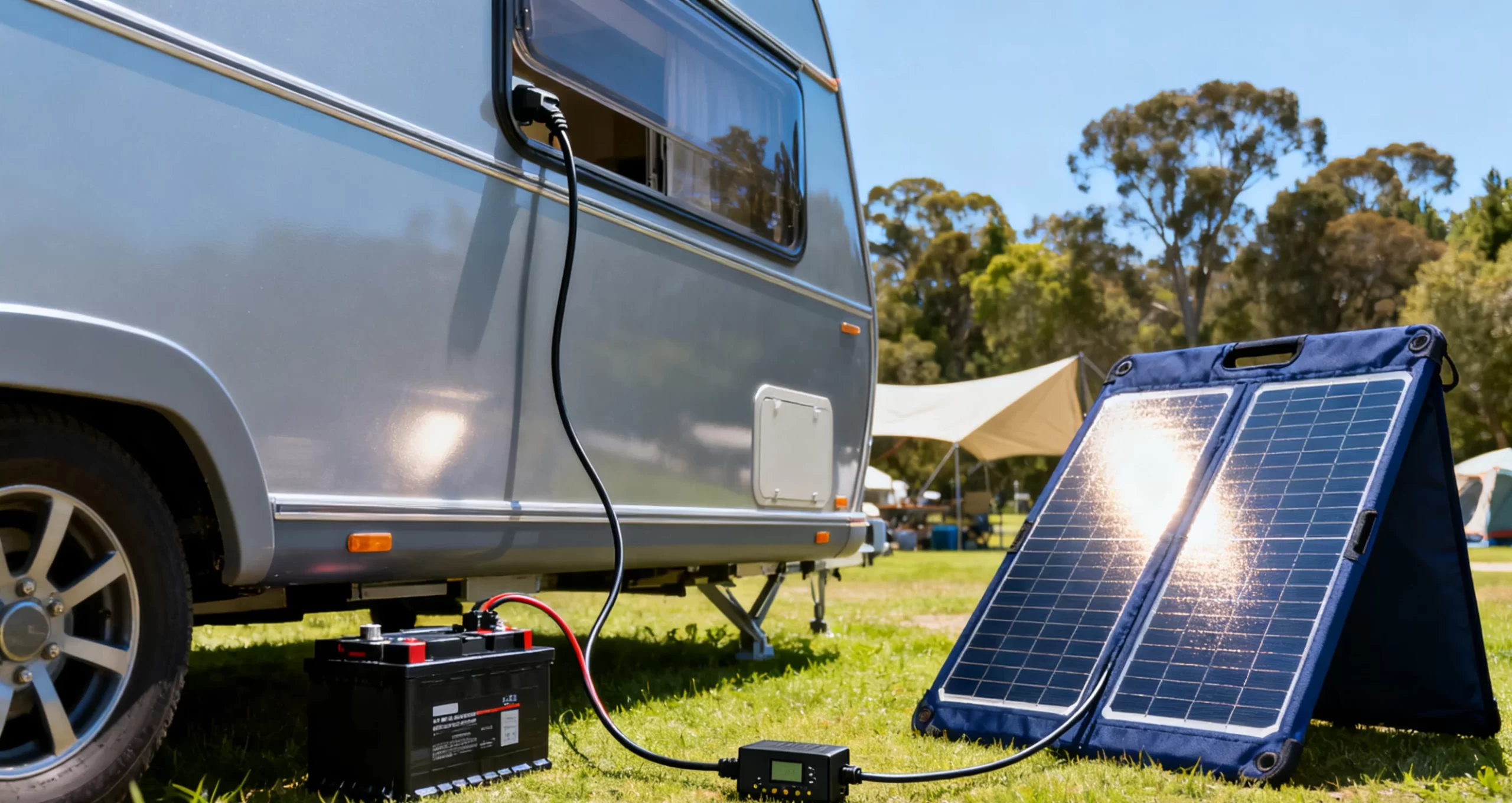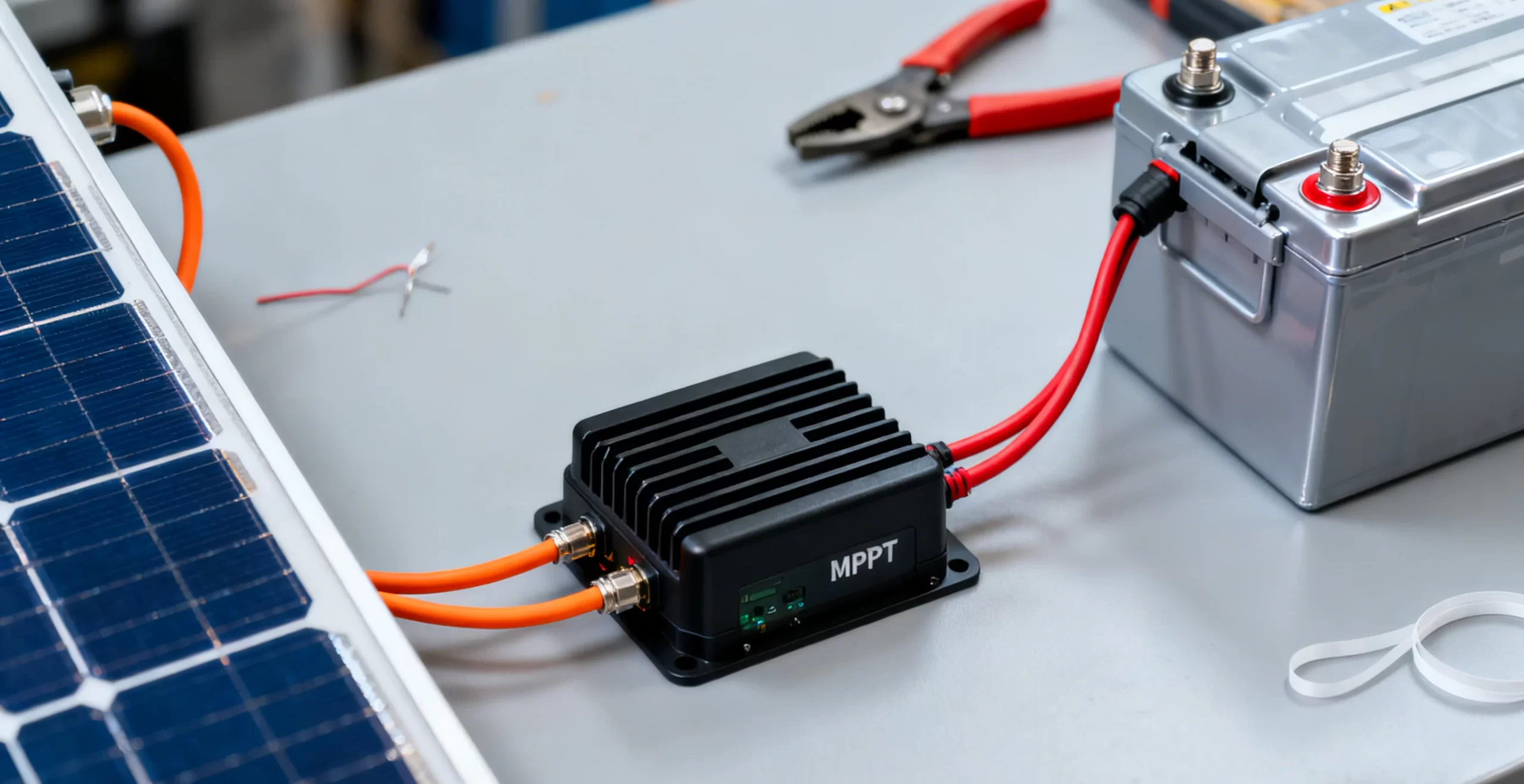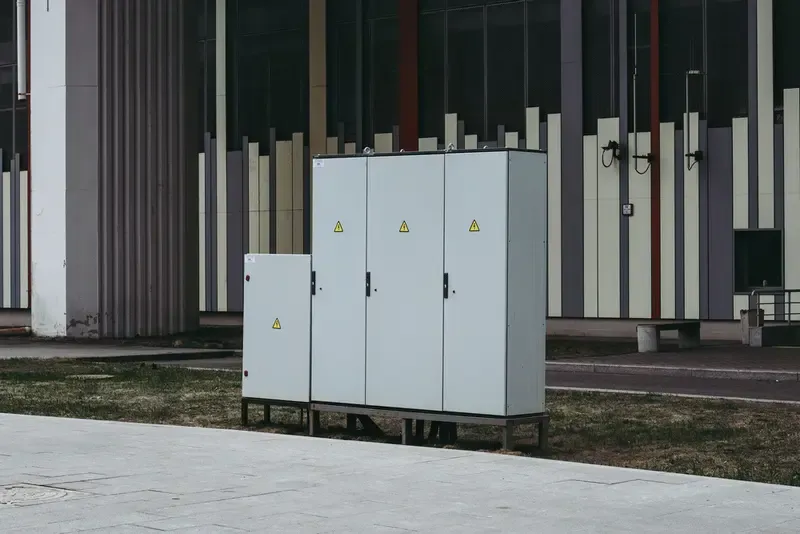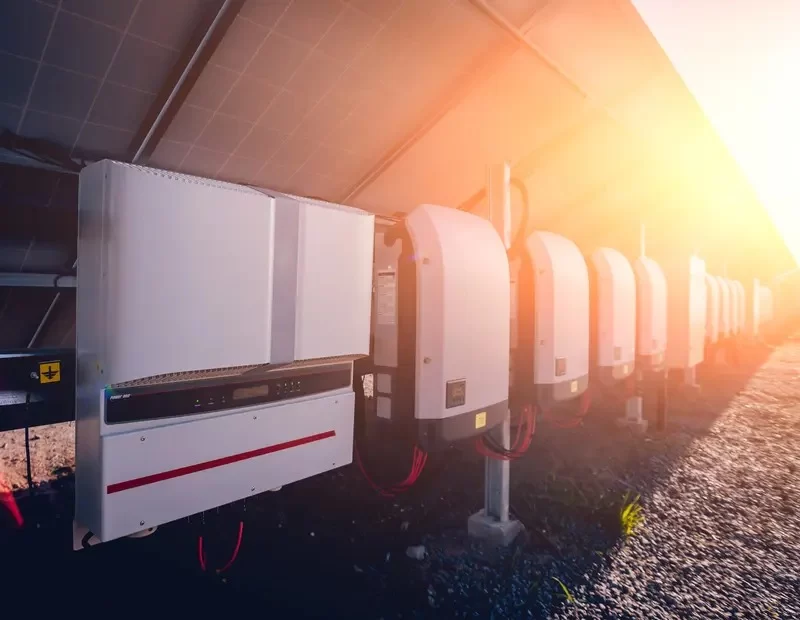- tel:+86-13651638099
- Email: [email protected]
- Official website: www.hj-net.com
- Address: 333 Fengcun Road, Fengxian District, Shanghai
Get A Quote Now!
Selecting the Right Lithium Battery for Inverter Performance
Table of contents
In the realm of energy storage solutions, choosing the appropriate lithium battery for inverter performance is pivotal. This decision directly impacts performance, efficiency, and the longevity of your power system.
Capacity, Voltage, Cycle Life
Capacity The capacity of a battery defines its energy storage capability. It’s crucial to match the battery’s capacity with the energy demands of your inverter system. A higher capacity ensures longer operation times between charges, making it ideal for sustained power needs.
Voltage Voltage determines the power output of the battery, which must align precisely with the inverter’s input requirements for seamless compatibility. Ensuring voltage compatibility guarantees optimal performance and prevents potential damage to both the battery and inverter components.
Cycle Life Cycle life refers to the number of charge-discharge cycles a battery can endure before its capacity degrades significantly. Choosing a battery with a high cycle life is essential for prolonged durability and reliable performance over the years.
Researching Battery Brands and Models
Comparing Specifications When researching lithium battery for inverter performance, comparing technical specifications such as capacity, voltage ratings, and cycle life across different brands and models is critical. This evaluation ensures you select a battery that not only meets but exceeds your system’s requirements.
Performance Characteristics Analyzing performance data, including efficiency metrics and reliability ratings, provides insights into how well a battery performs under real-world conditions. User reviews and feedback offer valuable perspectives on practical usability and long-term reliability.
Advanced Features and Compatibility
Built-in Battery Management Systems Advanced lithium battery for inverter applications often come equipped with built-in battery management systems (BMS). These systems optimize battery performance, enhance safety, and extend lifespan by monitoring and regulating voltage, temperature, and charge levels.
Fast-charging Capabilities Fast-charging capabilities are advantageous for minimizing downtime and optimizing the operational efficiency of your inverter system. Choosing a battery that supports rapid charging ensures quick recovery and continuous power availability.
Size, Weight, and Compatibility Physical attributes such as size and weight are crucial factors in determining compatibility with your existing setup. Ensuring the battery fits seamlessly into your designated space and meets installation requirements simplifies integration and enhances overall system reliability.
Additional Considerations
Thermal Management Effective thermal management is crucial for maintaining the efficiency and safety of your lithium battery for inverter use. Batteries with advanced cooling systems or thermal regulation features help prevent overheating, ensuring stable operation even under heavy loads.
Cost vs. Value While upfront cost is a significant consideration, evaluating the long-term value of a battery is equally important. Investing in a high-quality battery with superior features may offer better performance, longevity, and overall value for money.
Warranty and Support Opting for batteries from reputable brands that offer extensive warranties and reliable customer support can provide peace of mind and protect your investment. Good after-sales support can be invaluable in addressing any issues that may arise during the battery’s lifespan.
Conclusion
Selecting the right lithium battery for inverter applications is paramount to ensuring optimal performance and longevity. Factors such as capacity, voltage, and cycle life play pivotal roles in maximizing efficiency and reliability. It’s essential to research and compare different battery brands and models, considering advanced features like built-in BMS and fast-charging capabilities. By prioritizing compatibility and performance metrics, you can make informed decisions that enhance your inverter system’s functionality and resilience. Effective thermal management, evaluating long-term value, and ensuring robust warranty and support are also critical elements in this selection process. These considerations ensure you choose a lithium battery for inverter setups that meets all your operational needs.

